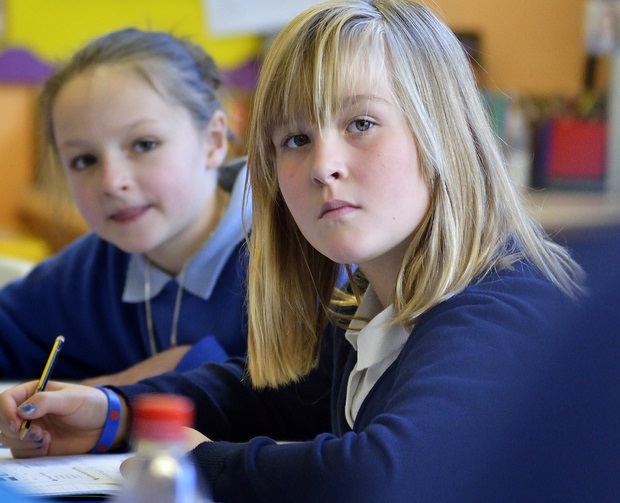According to the research, having a big brother or sister is equivalent to £670 of school spending on the younger sibling’s score. The effect doubles if they attend the same school. The results will be particularly interesting to policy makers tracking the progress of the Pupil Premium initiative as the sibling spillover effect is even more pronounced in poorer families.
The study, Sibling Spillover Effects in School Achievement by Dr Birgitta Rabe and Professor Cheti Nicoletti from the University of York, used data from the National Pupil Database which covers the results of 93 per cent of children in the UK through their time at state school and looked at siblings’ key stage 2 test results and then their GCSE scores in 2007, 2008, 2009 and 2010. It’s the first study of its kind to look at the impact of siblings on results rather than on parents’ influence on results.
Dr Birgitta Rabe said:
“How much a younger child’s school achievement is affected by their brother’s or sister’s achievement at school is a really important question to answer as it helps us understand whether investments in children may have multiplier effects through their impact on younger children.”
“We found that the sibling spillover effect is larger in families eligible for free school meals, living in deprived neighbourhoods and speaking a language other than English at home. This means that children from more deprived backgrounds benefit more from a high attaining older sibling than children from more affluent backgrounds. It may be that the effect arises through information sharing about educational choices and schools or teachers. Information on this is likely to be harder to come by in poorer families, and the benefit to younger children therefore high.”
“Investing in enhancing the progress of children from deprived families is even more worthwhile when we can see there are considerable multiplier effects on their younger siblings.”
The achievements of big brothers and older sisters may have a direct effect on the younger sibling’s school grades if the older one teaches the younger one or helps with homework; the younger one imitates the older one, for example in their work style, or conversely tries to be different, for example to avoid competition; and if the older one passes on important information about educational choices or school and teachers to the younger one.
The researchers rule out the similarities in results which might occur because they come from the same family or go to the same school, in order to distinguish the direct influence of the older child on their younger sibling.
The study shows that there is a small but important direct effect from the older sibling’s test scores to the younger sibling’s exam marks. More precisely, for each GCSE exam grade improvement of the older sibling – for example from a B to an A – the younger sibling’s exam marks would go up by just 4% of a grade. This effect is about equivalent to the impact of increasing yearly spending per pupil in the younger sibling’s school by £670. For poorer families this effect increases and even doubles in some cases, a finding which will be extremely interesting to policy makers looking to narrow the attainment gap between children from different socio-economic classes. Investing in the older child has pronounced results on their young brother or sister’s chances of success.
Media coverage in The Observer
